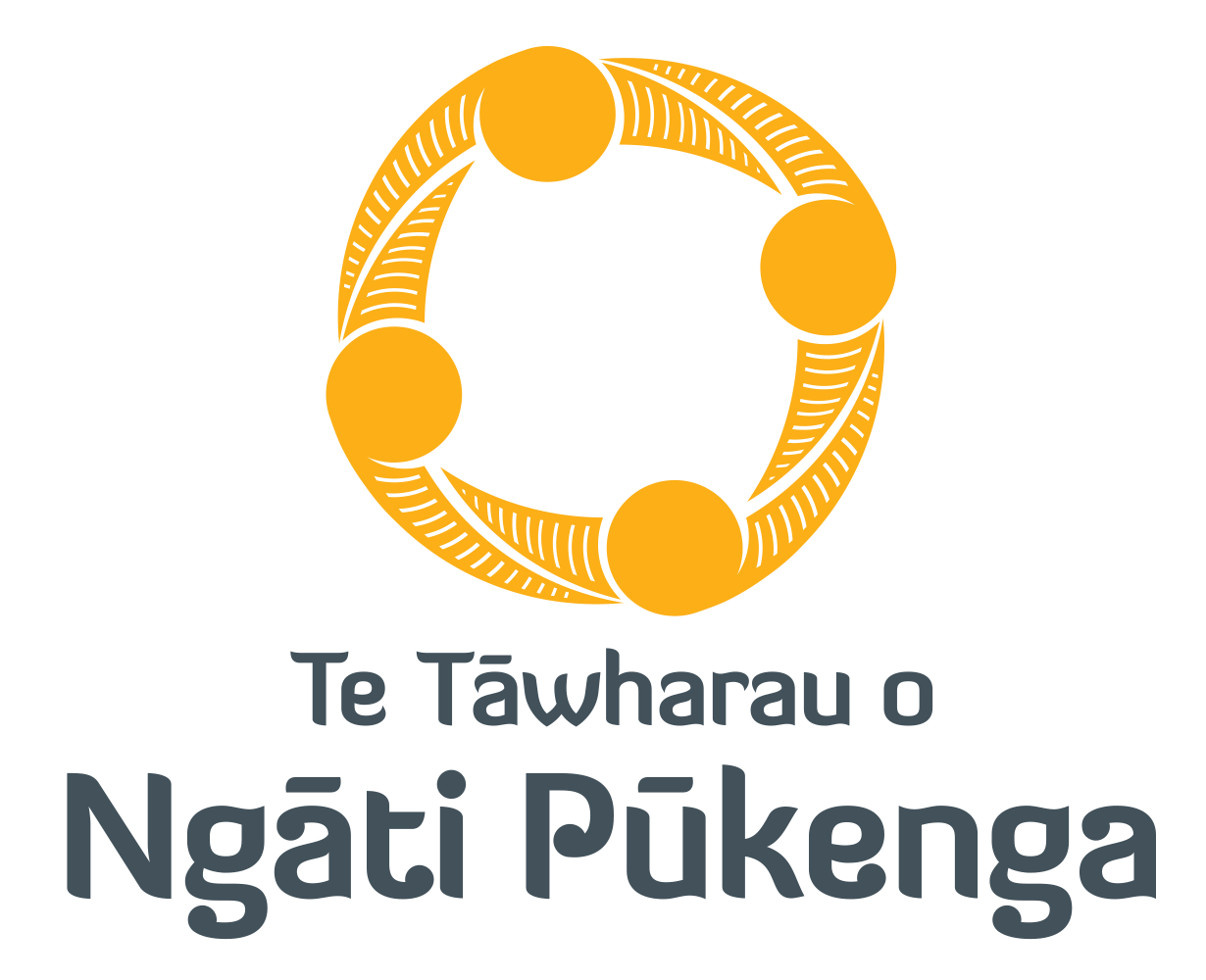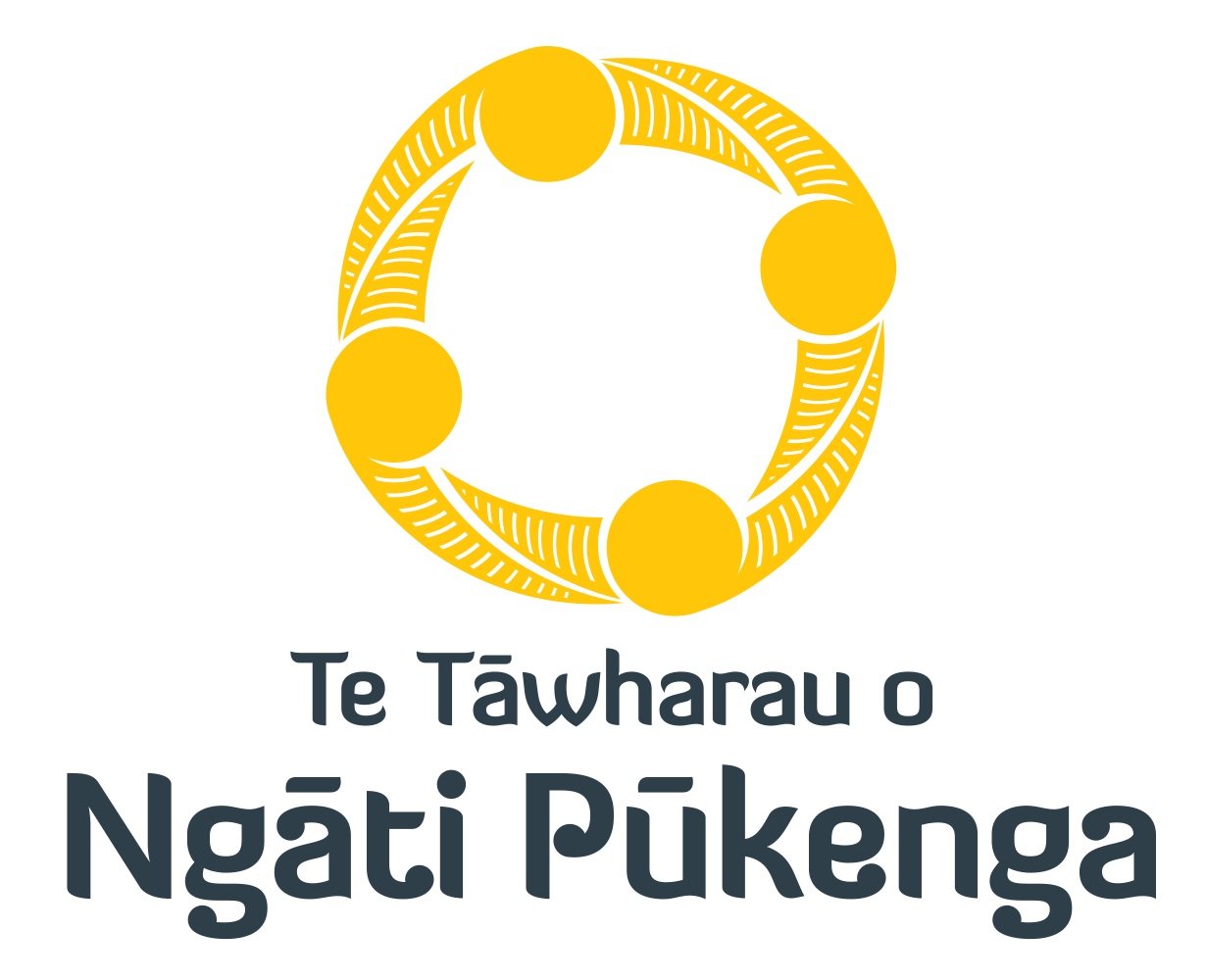
OUR HISTORY
Pūkenga was born and grew up in the Eastern Bay of Plenty at Rūātoki.
Pūkenga was a fifth generation descendant from Toroa, captain of the Mātaatua waka. His mother, Tanehiwarau of Te Whānau a Tairongo from Rūātoki married Tānemoeahi a senior leader of the Mātaatua people.
Pūkenga lived at his father’s pā, Ohae, located near Whaitiripapa and Putiki on the northern side of the Ohinemataroa River where the Owhakatoro stream flows through the Ruatoki valley.
As he grew older, Pūkenga began to look beyond the valley at Rūātoki and eventually travelled to the west by the coast with his younger brother. On arriving at Tauranga Moana, they were struck by the rich food resources of the harbour and adjacent lands. To gain a better perspective over the wider region, the two men climbed the highest peak arriving at the summit towards the evening.
As the sun set, they prepared their camp and their evening meal. Pūkenga, wanting to make the most of this opportunity, said to his brother Ahuru,
‘Kia kai mai tāua i konei’ (‘Let us partake of our meal here’).
This statement was the basis of the name of the range of mountains, ‘Kaimai’, and symbolises the connection of Pūkenga and his descendants with the region. That connection was cemented further when Pūkenga laid claim to Tauranga Moana as follows:
"Ko koe ki te tuawhenua, Ko ahau ki te takutai moana” (You go inland and I will go to the coast)
Pūkenga returned to Rūātoki to tell his parents that he and his brother planned to leave their home and settle on the new lands to which they had travelled. However, war had come to the Rūātoki valley and he was obliged to fight for his whānau. He was killed during later battles and buried in a sacred cave called Okawekawe that is associated with his mother’s people. He did not realise his dream of returning to Tauranga Moana but his descendants did.

